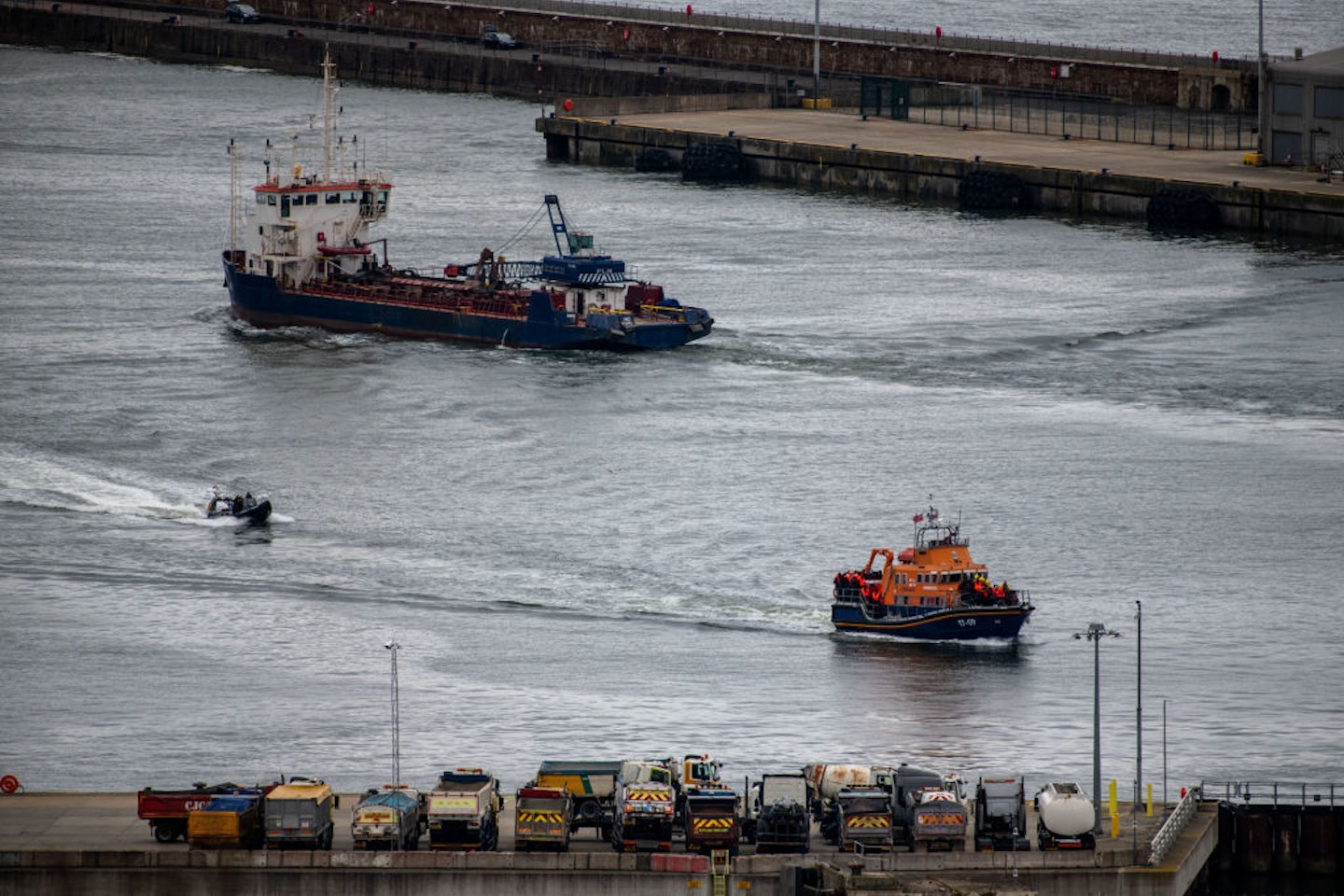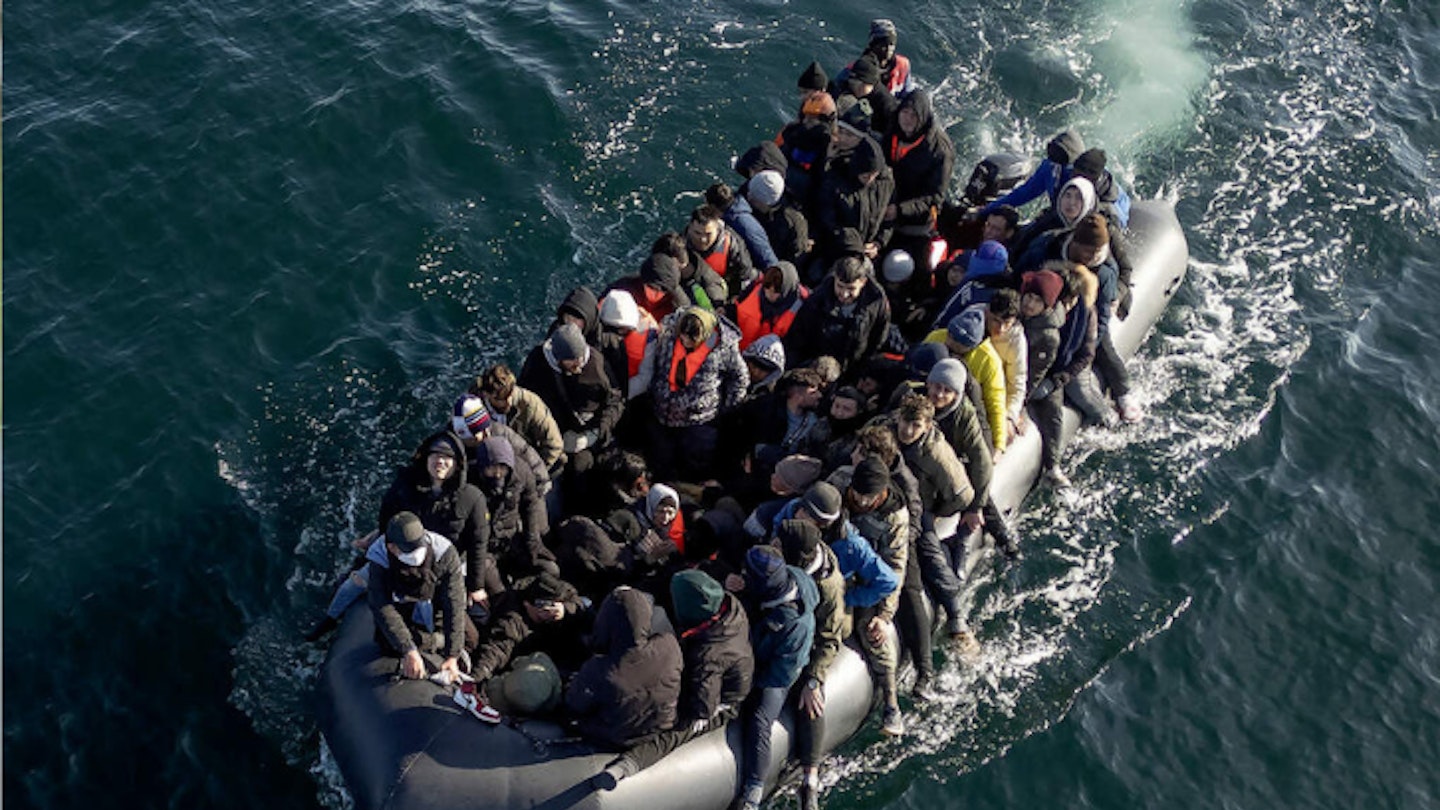On 22 April, the Government passed its controversial Safety of Rwanda Act, which seeks to deter unlawful migration by sending some people seeking safety in the UK to Rwanda. This was in the same week that we also saw five people, including a child, die attempting to cross the English Channel in an overcrowded boat.
The Act means 52,000 asylum seekers currently being housed in Home Office-funded accommodation face forced removal to the East African nation. It doesn’t matter that they don’t have any ties to the country, or that they could face persecution there, they will simply be deported – treated like cargo instead of human beings fleeing horrific circumstances.
As director of Women for Refugee Women, I have spoken to countless female refugees who are terrified. The increasingly hostile attitudes toward refugee and asylum- seeking people have left them broken mentally, telling me they want to go into hiding, that they’re crying nonstop and are scared for their lives, their children’s lives, and for their loved ones. These women arrive in the UK because they are fleeing violence, war and genocide – often facing persecution simply because they are a woman – and instead of being welcomed they are put into detention, made to feel as though no one believes them and forced into poverty.
When someone arrives in a safe place like the UK after fleeing their home country, threatening to deport them to another country, regardless of where it is, is petrifying. They have no idea what to expect from that place, what their rights will be like and they have no connection to it. Rather than feeling safe, they are traumatised by the UK’s asylum process. As someone who was a refugee myself, I can’t believe how much attitudes toward people seeking safety have deteriorated in Britain.
I never thought I would be a refugee. It’s been 30 years since I fled Rwanda, in what’s now known as the Rwandan Genocide against the Tutsi. On 7 April 1994, armed militants and soldiers (from the Hutu ethnic group, who are the majority population of Rwanda) started going house to house killing every Tutsi they could find. With my six-month-old daughter, my parents and my sister and her children, we managed to reach a Catholic church to hide, thinking we’d be safe. We were not.

Militants came to the church and killed many people taking refuge there, but luckily my family managed to survive the massacre. Days later, we were able to escape when my sister’s husband, who was a Belgian soldier, arrived with others from the Belgian army and rescued us, putting us on a military plane to Nairobi. Leaving was one of the best and worst days of my life – I was so grateful that we were among the lucky few heading to safety, but we were leaving so many people behind to die.
I officially claimed asylum in Belgium and I remember well the feeling of relief that first day we arrived. I didn’t care that I had left with nothing but a bottle of milk
for my daughter, that the only clothes we had were the ones on our backs. We lost everything, but we survived. For anyone who has faced that kind of persecution, the moment you reach a place where you feel safe, where your child is safe, it is the best day of your life.
Rebuilding my life in Belgium, though, was challenging. In Rwanda I was a teacher and leader of the Girl Guides, but as a refugee I was defined by that status. I connected to the Girl Guides community in Belgium and, after four years of odd jobs, eventually a job came up in England (as the director of the Africa region for the World Association of Girl Guides and Scouts) that suited me well. I came to London then, not as an asylum seeker, but the stigma followed me nonetheless. As a refugee, you’re automatically seen as someone who is there to take up space that you’re not allowed to be in. Not only was I a refugee but I was a Black woman, so I was certainly discriminated against. But let me tell you, none of what I experienced then is as bad as what refugee and asylum-seeking women are going through right now in Britain.
Some of them have been in the system for five, 10, even 15 years, living in hotels for so long, banned from working and forced into destitution. And yet, their home is so violent they don’t have another choice but to be here. Once, Britain had a reputation for being a welcoming place for refugees, now women seeking asylum tell me it’s the worst place to be.
All we can do is come together to show the Government how wrong this new Act is. We need people to speak out on social media, to their friends and family, use any connections they can and write to their MP to ask them to fight against this plan. I think back to my first days as a refugee and where I would be had I not been supported. I’m now a director of a charity that helps women, my daughter went to university and is a documentary film- maker – people must understand that if refugees are given a chance, they can make huge contributions to society.
